How Often Should a Sump Pump Run?
Author: Omar Alonso | Editor: Omar Alonso
Review & Research: Jen Worst & Chris Miller

The best way to avoid flooding in the basement is to use a sump pump. It's a device that helps to extract the extra water and flush it out. On a normal day, the pump is usually on standby. When it's pouring rain, the float switch will be activated automatically when the water reaches a certain limit. So, now you may be thinking – how often should a sump pump run?
The ideal answer is that you should run a sump pump whenever there is a chance of flooding or a certain water level is on the horizon. For example, in a rainy area, a sump pump will work quite frequently to extract the water, compared to a dry season where it's mostly on standby.
In this write-up, we will break down how a sump functions in varying conditions and how you can utilize it properly. Keep reading to know more.
Sump Pump Running Constantly During Heavy Rain
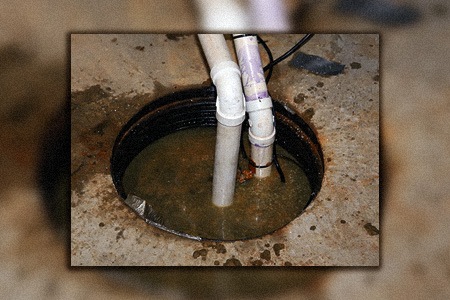
If you live in an area where it's pouring all the time, you don't need to worry about the sump pump running continuously. As you know, sump pumps function only when there is overflowing water in the pit.
If you see the sump pump running constantly during heavy rain, don't worry. The pump is most likely working to take out the collected water from the underground to keep your basement safe from flooding. It should be running a lot during heavy rainfall.
You can try to offload some work off of the sump pump by redirecting water away from the walls of your basement outside. These french drain alternatives are a good place to start, as well as a temporary solution like sandbags or sandbag alternatives.
If there is no rainfall, but the machine keeps running, then you have a problem to deal with. We will talk about it later.
How Often Should a Sump Pump Run During Rain

How often should a sump pump run during rain? If it's a drizzle, the pump might not be active because the rainwater might not be excessive enough to overflow the pit. But during monsoons, you can expect the pump to kick off frequently if the basement is catching too much water.
Believe it or not, a sump pump can run for 2 to 3 days in extreme conditions. Yes, this can happen when you are bombarded with heavy rainfall. The pump will likely be active day and night to keep water from flooding your house.
Why Does My Sump Pump Run Continuously?
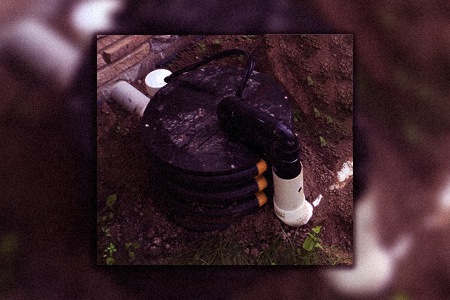
As we mentioned, a pump that is in good condition can constantly run during rainy weather. It's meant to operate whenever there is overshooting water into whatever types of basements you have under your home. So if it is running continuously in such conditions, don't stress out.
There are two types of sump pump motors: continuous-duty motors and intermittent-duty motors. Continuous-duty sump pump motors can run for 24 hours without a break and are designed to do so. Intermittent-duty sump pump motors will need more frequent breaks in between performing their job.
You have been hearing all the positives till now; let's talk about some downers. In some cases, you might see a sump pump running on for no reason, even if there is no rain within a day or two. A sump pump can run continuously when it malfunctions. You've heard it right; it can go bad and keep running out of sorts.
Some common issues with sump pumps are given below:
Blocked Discharge Line
Clogging on the discharge line is quite common. This can occur due to many reasons such as gunk, debris build-up, frozen pipe, etc. When such things happen, the discharge pipe will deteriorate and won't carry the water out properly.
What will happen is that it will run the water back to the pit instead of carrying it outdoors.
The pump will start running whenever the water level in your basement cavity starts rising.
So a blocked discharge line can be the reason for a pump running continuously. For maintenance, it's best to call a professional service to have a look at the pump if you can't find any obvious cause.
Clogged Sump Pump
We have talked about pipes being clogged, but the main problem could be the pump itself. It is not uncommon to see the main pump of the sump pump getting jammed.
Clogging occurs mostly when the pump is missing a cover, or the lids are not tightly sealed. This allows debris to build up and clog the pump altogether.
The pump usually sits on the bottom of the machine, and the water flow will be disrupted whenever the intake line is overwhelmed with debris. Cloggings on a pump have to be taken care of regularly.
You better clean the linings so that there is no blocking in between. Use a cover for your sump pump chamber to protect it better. How often should a sump pump run? Not continuously without stopping, which means you may have a blockage in the line.
Broken Check Valve
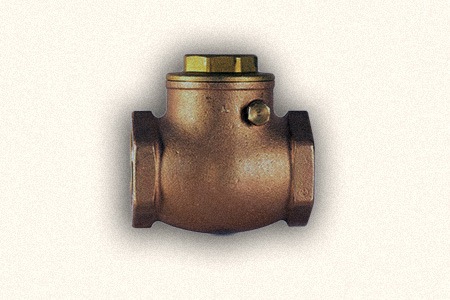
Sump pumps have a check valve that functions to stop the water flowing back to the discharge line. The valve is usually in a closed position to stop the water from running back, but the check valve can deteriorate and open up with time.
An open valve can alter the function and fill up the basement cavity again. These problems occur most often in unfinished basements, and thankfully you'll be able to locate and reach the problem area quickly.
To take the water out, the sump pump will work even harder and run continuously. Therefore, to counter this problem, you must remove or replace the check valve. If you are not a pro at it, call someone who can fix things.
Sump Pump Runs Every 30 Seconds
Inaccurate placement of the floating switch corresponding to the groundwater level can kick off the sump pump every 30 seconds. This minimal time is extremely quick for cycling, and the motors of a pump are not made to function like this.
In such a scenario, you might have to adjust the height of the pump's float switch. Look for the rising water level in tandem with the floor surface when the switch turns on.
If you have an adjustable float switch, try to adjust the float to a height where the water has to reach higher to trigger it. You can then time it and see if the sump pump runs every 30 seconds or if it returns to a more regular routine.
Call a pro mechanic if you are still confused, and let him adjust the float switch if it's manageable. They can also install a paver on the bottom up to 2-3 inches for the proper functioning of the switch.
Sump Pump Running Every 5 Minutes
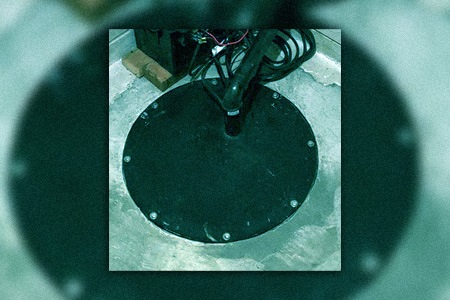
To guide the water out effectively, a pump will require substantial power. For example, if your house deserves a ⅓ hp pump, but you opt to run a ⅕ hp pump. What will happen? Well, the pump that you installed will have to overwork to compensate and likely run every 5 minutes.
The solution to a sump pump running every 5 minutes is to talk to a professional and get a pump that is suited for the size of your house's basement. Remember, too little power on a sump pump which results in overload, will cause key malfunction. Just get a bigger pump, and this could solve the issue.
How Often Should a Sump Pump Kick on in General?
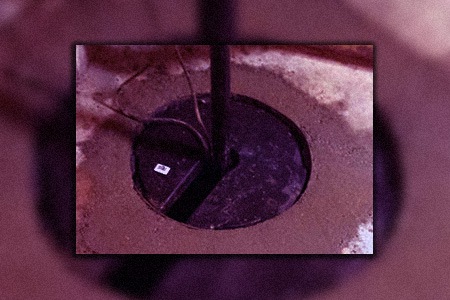
How often should a sump pump kick on? We cannot just give you a direct answer to this question. A sump pump running will depend on a lot of factors, like where you live and the weather condition your house usually faces. In a dry area, don't expect it to run at all. It will be idle as there is no water flow in the basement pit.
Generally, sump pumps are built to run for 24 hours. So, you can expect a pump to kick start 2 to 3 times a day or even more, depending on the environment.
Maintaining Your Sump Pump
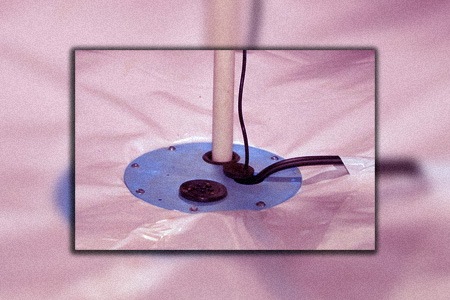
A sump pump is made to extract the excess water from the lowest point of your home and save your property from flooding. As helpful as it is, it can still disintegrate due to many reasons, such as broken valves, blocked discharge lines, inaccurate height adjustment of the switch, and many more.
What you can do is keep an eye on the pump and always have the area nearby clean to avoid debris entering the pump. If you are comfortable working with a sump pump, check for blockages often and maintain a proper float switch adjustment. If needed, replace the worn-out parts to make it function normally.
You can always try out professional services as they will be more knowledgeable and will guide you with a better fix. We would advise you to talk to them and get a pump that can work in your basement. Don't try out smaller items because they come in cheap; you might be hampering the overall functionality.
So How Often Should a Sump Pump Run?
You must remember that it is a motorized machine and can go bad at any time. There could be several reasons why the working process can be hampered. Read the full article above to understand a sump pump's functionality and common issues.
If you think the pumps are not working as they should, we recommend calling a mechanic and having it checked before things worsen.
So how often should a sump pump run? Well, sump pumps are designed to run for 24 hours, and therefore they can work continuously without any underlying issues. A sump pump should run for as long as it is needed to take the water out properly.



